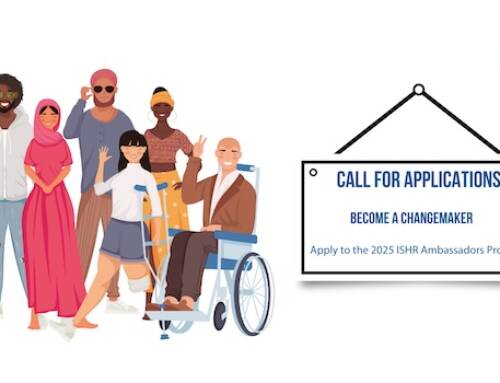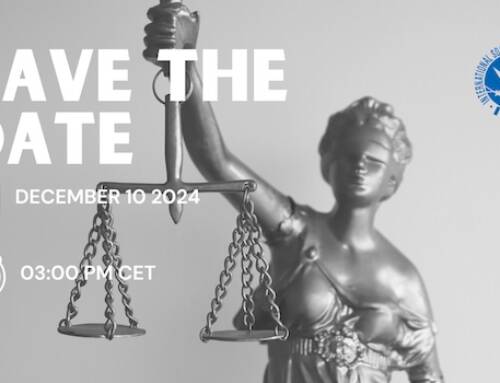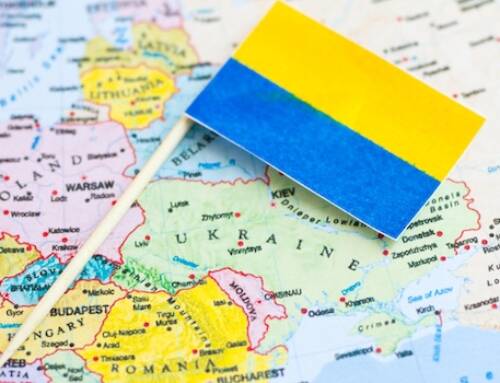Europe

The 2024 European Union Parliament elections: The Right-Wing Extremist Takeover
From the 6th of June to the 9th the European elections will take place in the member states of the European Union (EU). But what these elections mean? What is at stake?
Firstly, these elections take place every five year, to vote for the members of the European parliament. To understand the importance of these elections, what does the European parliament stand for? It has three major roles:
- The legislative one: the parliament adopts European Union legislation jointly with the Council of the European Union, based on proposals from the European Commission. More than 40 politics are covered by this legislative procedure, including areas of action relating to the common agricultural policy, the area of security and justice, immigration, employment, and education … etc. The Euro-deputies have also a right of legislative initiative, meaning they can ask the European commission to submit texts proposals to the European parliament.
- The budgetary one: this role is shared with the Council of the European Union. The European Parliament and Council decide on the European union’s budgetary priorities. They vote on the draft annual budget prepared by the European Commission. Thus, this role influences the political priorities of the Union by choosing which policies deserve more means, reducing resources for other policies.
- A political control: the parliament decides on international agreements and enlargements. In addition of that, vote for the president of the European commission on the proposal of the European council which appoints its candidate by qualified majority taking into account the result of the European Parliament elections. Thus, the political impact of the European parliament is not to be proved anymore.
The Parliament is composed by 705 Eurodeputy’s after since 2020 after the Brexit, 720 after the next election as the vacant seats left by the UK were divided between the 27 EU States members. Each member state has a defined number of seats, and the deputies are divided in seven political groups. A political group rallies the member of the European parliament of various Member States together with the same political leanings. They represent the plurality of the political landscape representing 450 million European citizens.
But the first issue that faces the European system is the voting abstention. Indeed, although the Parliament won important powers over the decades and has established itself as the democratic institution of the European union through elections by direct universal suffrage, most voters don’t go to the polls. However, the importance of its powers should encourage European citizens to take a greater interest in the European elections that could influence their daily lives in function of its result. 42% of the European citizens went to vote in 2014, and 50,6% in 2019, the highest turnout since the 1994 elections, but still, one in two voters did not go to the polls. The European citizens don’t feel interested in the European politics, or even related to these policies whereas the European Union has a stranglehold on many of the policies that affect people’s daily lives.
The second challenge of the next election is the rise of extreme right-wing parties in member states, such as in France or Italy that have the most seats (79 and 76) behind Germany who count 96 seats. Giorgia Meloni, who has political roots in a neo-fascists party, became Prime Minister of Italy in October 2022, and represent the county’s most right-wing government since Mussolini. Furthermore, recent polls in France indicate that the National Rally, under the leadership of Jordan Bardella who emerged victorious in the 2019 European elections, is currently in a strong position with approximately 31% of the French electorate’s support. This puts them well ahead of the centrist coalition of President Emmanuel Macron, which is polling at around 16%.
For other illustrations, Viktor Orbán, the Hungarian Prime Minister in service since 2010, pursues a conservative, anti-migration, anti-European and openly homophobic policy. A neo-Nazi roots political party funded in 1988 is taking the lead in the public opinion in Sweden as well. In the Netherlands, Geert Wilders, known for his anti-Islam stance and controversial remarks about Moroccan immigrants he called “scum”, won national elections in past November at the head of his Party for Freedom. Center-right parties in various countries such as Austria, Belgium, the Czech Republic, Poland, and Slovakia are also seeing a rise in popularity of anti-European populist parties. Germany, Bulgaria, and Latvia are among other countries experiencing a surge in support for conservative right-wing ideologies.
The far right has become the predominant party on the political scene of some of the major European countries, which represents a threat to the human rights in the European Union. The migration crisis is weaponized by the right-wings parties to discredit the EU policy. The national sovereignty is called by most parties to legitimize their political thinking and contest the European Union Court of Justice (nb. Hungary condemned for its migration policy at several times by the CJEU, its anti-LGBTQ policy and freedom of the press), or the European reforms, while adopting legislation that runs counter to the rights and freedoms guaranteed by the European Union.
More and more national parties form far right, whose roots are xenophobic and neo-Nazi, have grown in influence on the point where they now dominate the national political landscape, and at the end, the European one. The danger of the next European elections lies in the legitimization of xenophobic, Islamophobic and homophobic political parties.
In conclusion, the 2024 European Parliament elections are expected to result in a significant political shift towards the right, with populist radical right parties gaining votes and seats across the EU. This could lead to a potential coalition of Christian democrats and radical right MEPs gaining a majority for the first time. Anti-immigrant and anti-European populist parties may also see success, potentially winning up to a quarter of seats in the European Parliament. These outcomes may have major implications for European policies, with a potential opposition to ambitious EU action on climate change, stricter immigration regulations, and increased pressure to align with President Vladimir V. Putin of Russia.





